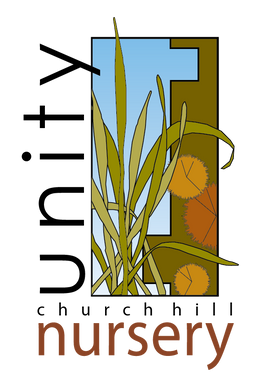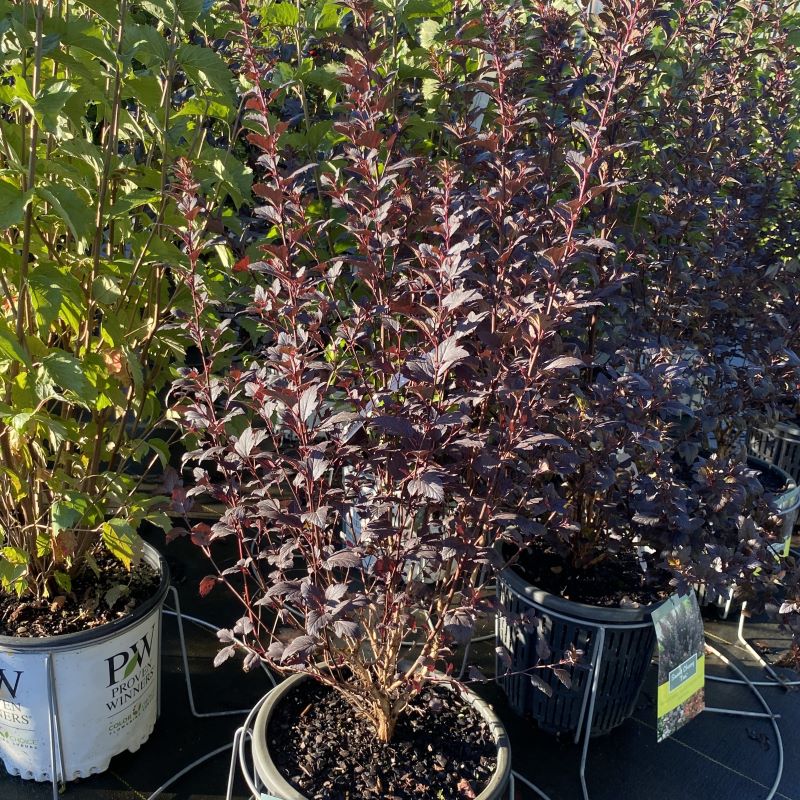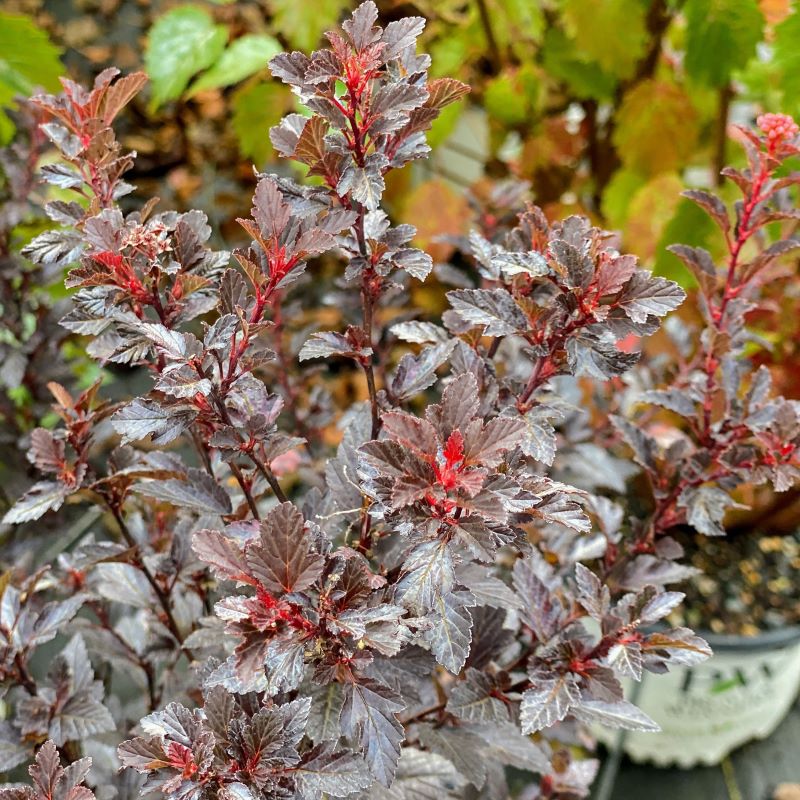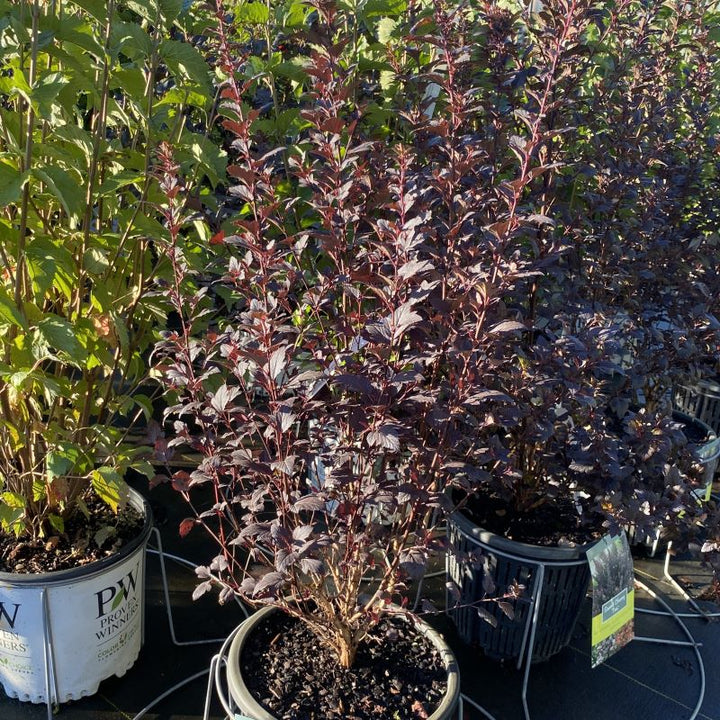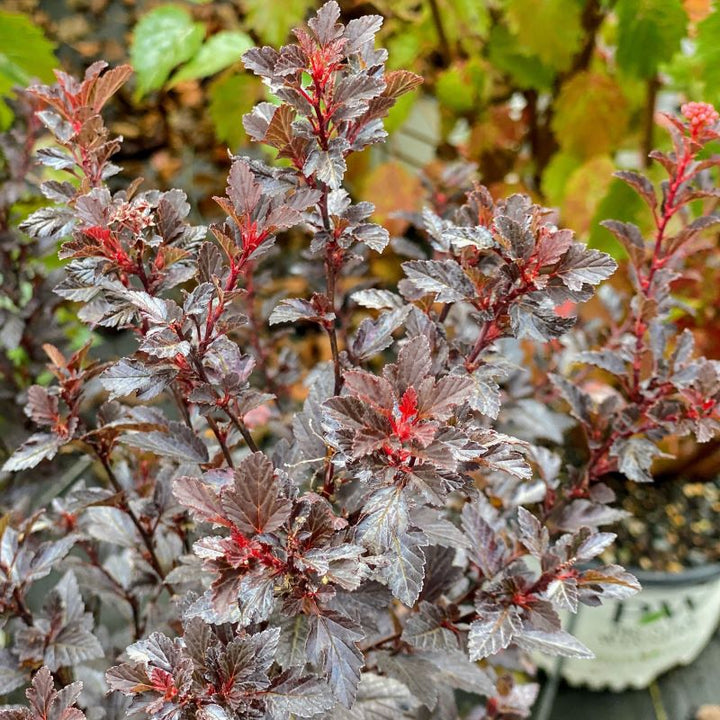Physocarpus opulifolius Sweet Cherry Tea® (Dwarf Ninebark) Unity Grown
- Low stock - 3 items left
- Inventory on the way
Physocarpus opulifolius Sweet Cherry Tea® is an excellent multi-color ninebark cultivar noted for its eye-catching foliage, attractive (reblooming!) flowers, and low-maintenance, compact habit. Well regarded ornamentally and ecologically, Sweet Cherry Tea® was developed by University of Wisconsin River Falls horticulture professor David Zlesak, and this cultivar adds additional contrast to any green landscape, with an vase-like habit and a ton of ornamental beauty; early spring foliage starts bright red with purple tints before turning to deep purple-black by the middle of summer. In addition to its attractive spring and summer foliage, Sweet Cherry Tea® is known for its white and pink flowers in late spring, which may rebloom in mid summer, adding even more pollinator appeal through the growing season. In the fall, pollinated flowers turn to red, berry-like seed pods, which are attractive to birds, and even after the attractive red autumn foliage has fallen, the intricate branching pattern and unique exfoliating bark that gives the plant its common name can really shine.
As a compact dwarf cultivar, Sweet Cherry Tea® typically grows to only around 3-4' tall and slightly more narrow, quite a bit smaller than many other cultivars, and much smaller than the parent species, which can reach 10'. Although the foliage may differ from the straight species, Physocarpus opulifolius Sweet Cherry Tea® maintains all the hardiness of the original, and has great tolerance to a wide variety of soil conditions, but grows best in drier sites with full sun. Sweet Cherry Tea® can be used as a specimen plant, foundation planting, or as a hedge, thanks to its densely branching nature, and thanks to its compact stature, this cultivar is great for small spaces and container growing too! In addition to its landscape uses, Physocarpus opulifolius Sweet Cherry Tea® is an excellent native substitute for the popular but invasive burning bush (Euonymus alatus).
